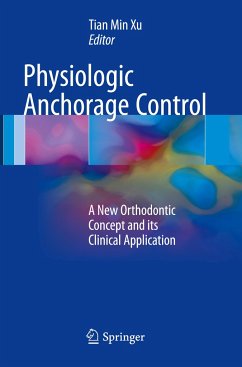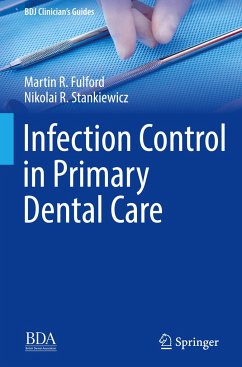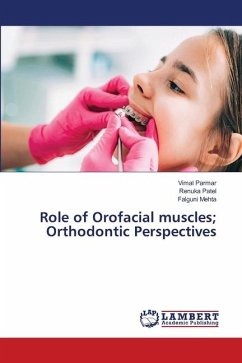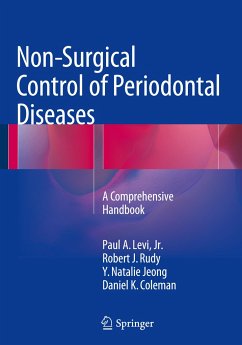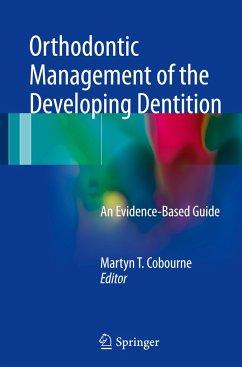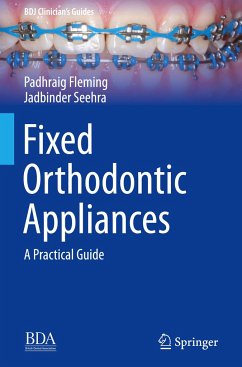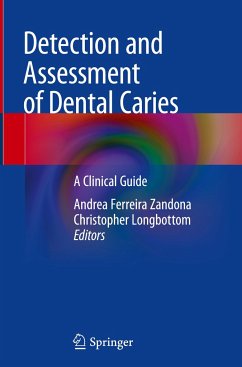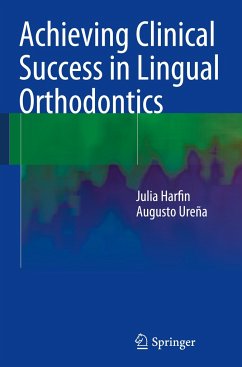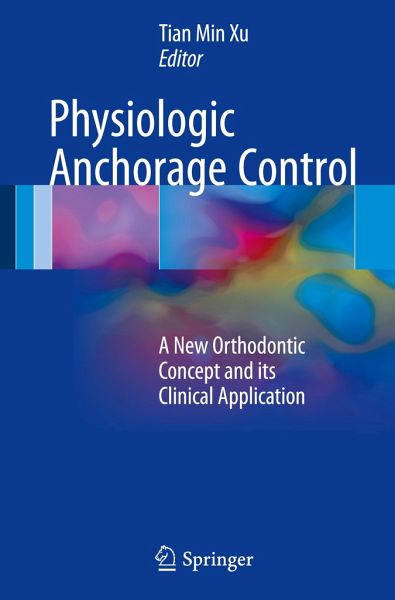
Physiologic Anchorage Control
A New Orthodontic Concept and its Clinical Application
Herausgegeben: Xu, Tian Min

PAYBACK Punkte
61 °P sammeln!
This book provides a comprehensive introduction to physiologic anchorage control, explains the implications for clinical practice, and presents an anchorage technique applicable for the treatment of different malocclusions. The concept of physiologic anchorage control is derived from observations of upper molar movement during growth in adolescence, including in the absence of orthodontic treatment, which indicate that molar forward displacement comprises two components: the first due to biologic force or physiologic anchorage loss and the second due to orthodontic force or mechanical anchorag...
This book provides a comprehensive introduction to physiologic anchorage control, explains the implications for clinical practice, and presents an anchorage technique applicable for the treatment of different malocclusions. The concept of physiologic anchorage control is derived from observations of upper molar movement during growth in adolescence, including in the absence of orthodontic treatment, which indicate that molar forward displacement comprises two components: the first due to biologic force or physiologic anchorage loss and the second due to orthodontic force or mechanical anchorage loss. All previous anchorage methods have been based on the assumption that molar anchorage loss is to be attributed solely to the mechanical force used to retract anterior teeth, and the new concept represents a paradigm shift of clinical significance. This book explores the pattern of upper molar growth in depth, highlights the physiologic significance of the curve of Spee, and analyzes thebiomechanics of physiologic anchorage control. An anchorage control system that fully takes into account the latest conceptual insights is described and its clinical use and utility, examined.



